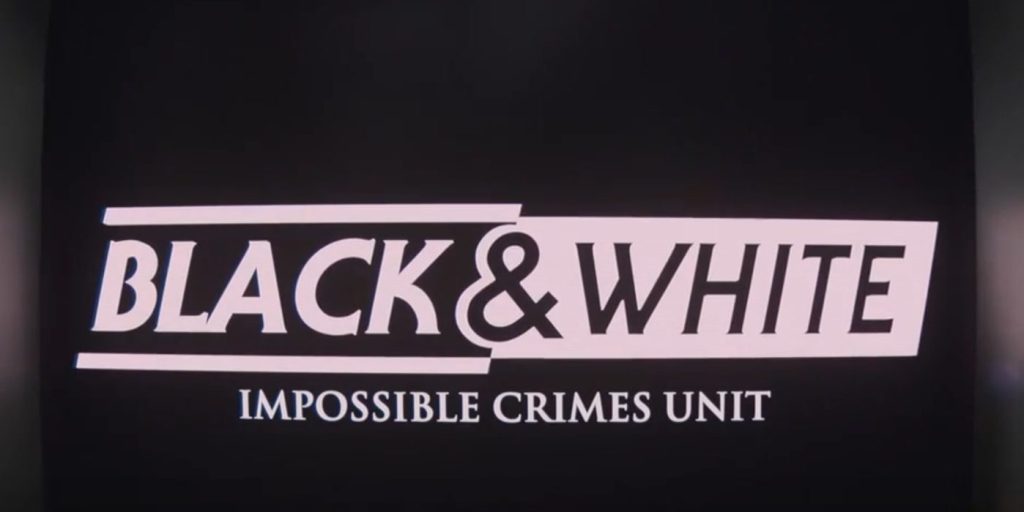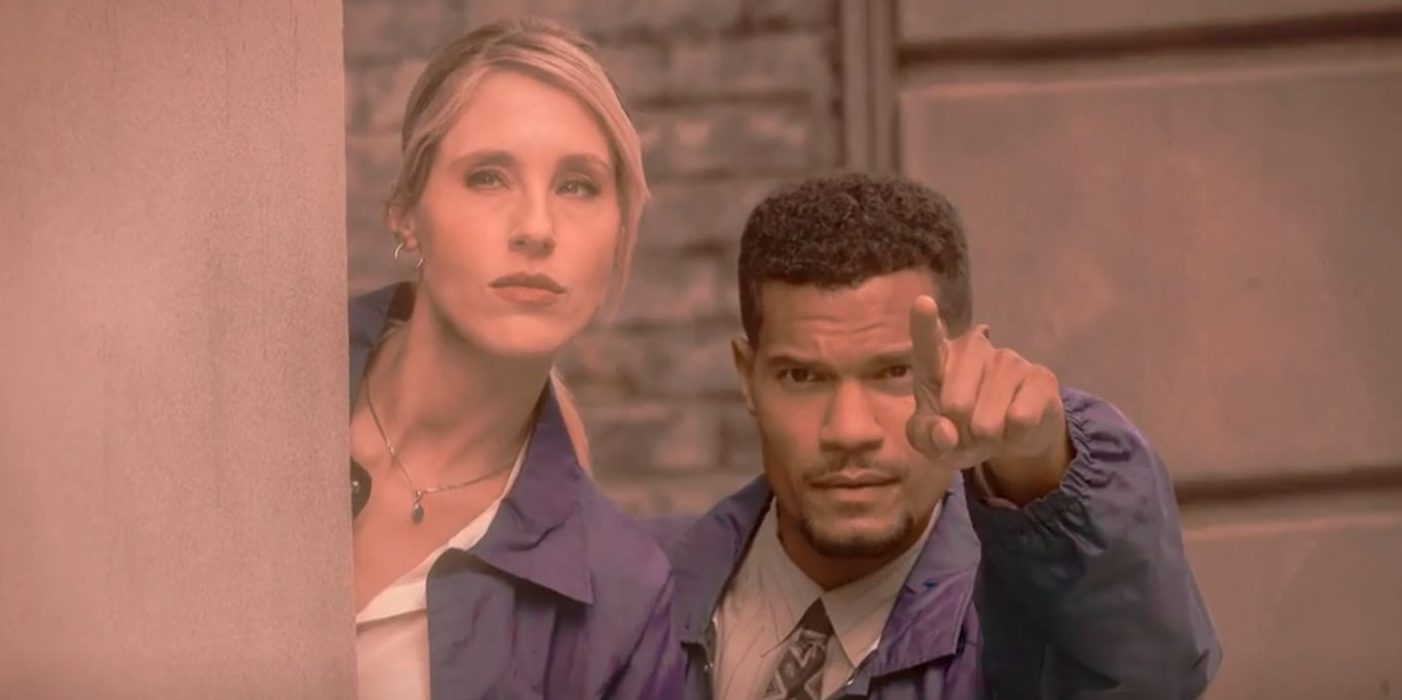The mystery thriller series’ Interior Chinatown’ revolves around the life of an Asian-American resident, Willis Wu, in the busy Chinatown area of the community. After witnessing an active crime outside his workplace, Wu’s lifelong dream of escaping his meager existence comes true as he is pulled into a major conspiracy that might upend everything he knows about his life. To that end, the show’s focus falls upon a police procedural show titled ‘Black & White: Impossible Crimes Unit,’ which becomes a pivotal attraction within the central mystery and alludes to a chilling reality that lurks underneath the story’s foundations. The deeper the narrative progresses, the more the lines between reality and fiction are blurred, suggesting an alternate perspective that connects back to the cheesy cop show at its heart.
Black & White: Impossible Crimes Unit is a Fictional Series That Alludes to the Social Injustices Faced By an Asian-American Actor
‘Interior Chinatown’ is a fictional story based on Charles Yu’s eponymous novel about a struggling Asian-American actor whose background role in a TV show becomes a huge point of contention in his life. As such, the story utilizes a made-up police procedural show named ‘Black & White: Impossible Crimes Unit’ to illustrate those themes of social ostracization and the stark reality faced by Asian-American people. The series is exclusively crafted by Yu and features two detectives as its lead characters – Sarah Green and Miles Turner. They hog most of the limelight and overlook Willis as a presence. Instead, the protagonist has to take on minor, insignificant roles befitting his station to gain any attention from the central characters on the show’s set.

The manner in which ‘Black & White’ plays a role within the narrative is reminiscent of past productions like ‘WandaVision‘ and ‘The Truman Show.‘ In both stories, the central character is trapped in a strange movie-set environment that merges the life on screen with the life lived behind it. It leads to a compelling mystery story where the central focus lies on the social dynamics or the internal issues that have manifested within the protagonist’s life and surroundings. In ‘Interior Chinatown,’ the same happens to Willis as he is forced to reconcile the fake standards of living up to a corny cop show where all the main characters are either black or white actors while he is relegated to a background part.
As the story progresses, the show’s parameters start shifting as Willis breaks the norm and forces his way out of the typical side character role that he has been subjected to all his life. In an interview, Charles Yu highlighted how he wanted to explore “performing Asianness” and the complexities that can arise when seeing the world through acting alone. Although ‘Black & White’ may draw up shades of old-school police procedurals like ‘Law & Order,’ its primary purpose within ‘Interior Chinatown’ is more specific and targeted. The show is meant to highlight the social dynamics at the heart of people’s place in life and their world through a contextual situation. Thus, it plays an incredibly prominent role within the narrative despite remaining a fictional series that cannot be found in reality.
Read More: Best Cop Shows on Netflix


You must be logged in to post a comment.